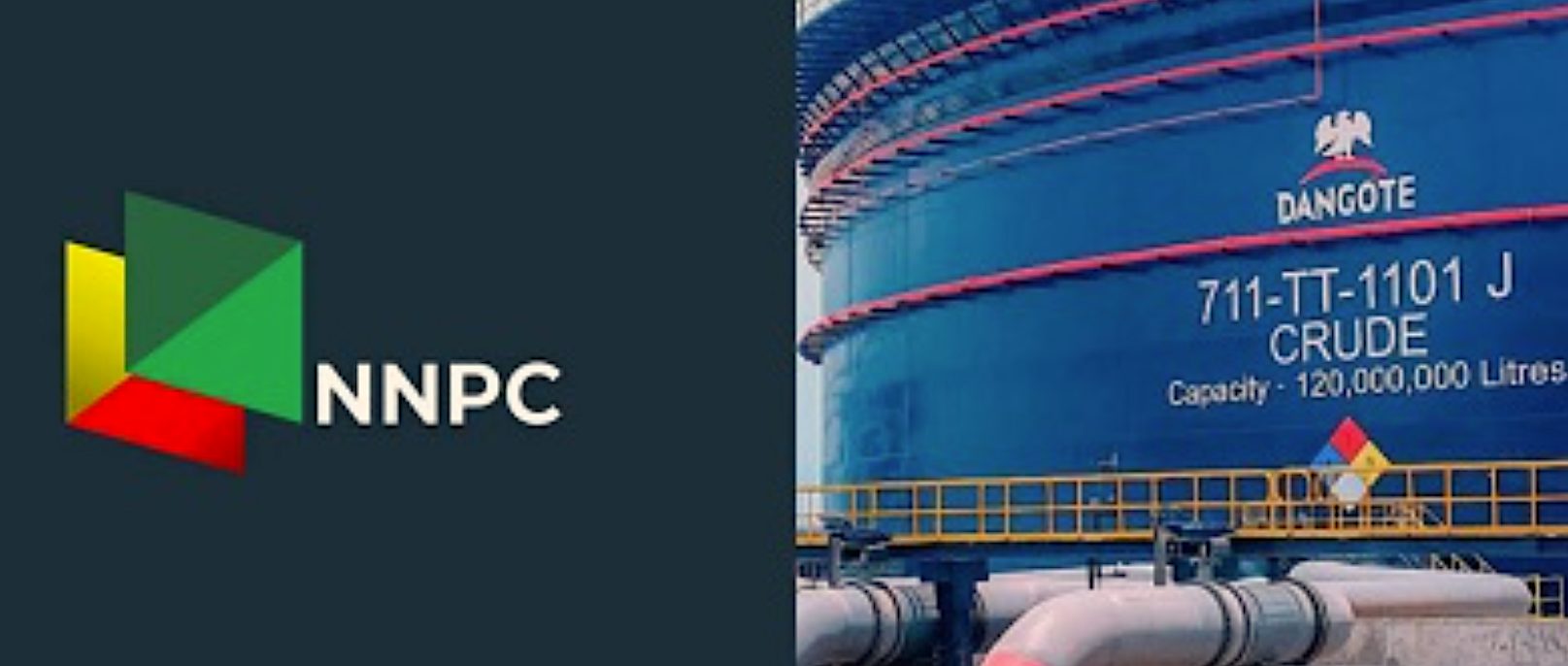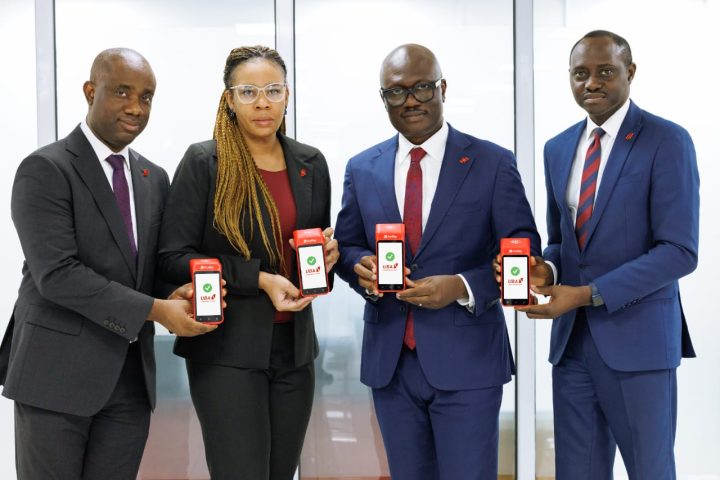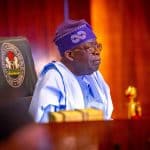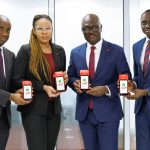The Federal High Court in Abuja has become the battleground for a legal dispute involving Dangote Petroleum Refinery, the Federal Competition and Consumer Protection Commission (FCCPC), and the Nigerian National Petroleum Company Limited (NNPCL).
The case revolves around Dangote Refinery’s attempt to stop the importation of refined petroleum products into the country, a move that has sparked controversy among industry players and regulators.
Join our WhatsApp ChannelFCCPC Moves to Join Suit Against NNPCL
The FCCPC has urged the court to allow it to join the N100 billion lawsuit filed by Dangote Refinery. The commission argued that its role as a regulator mandated it to ensure fair competition in the oil and gas sector, making it necessary to intervene in the case.
Olanrewaju Oshinaike, the FCCPC’s lawyer, appeared before Justice Inyang Ekwo on Wednesday, insisting that the commission had a duty to prevent monopolistic practices. He stated, “There are grounds from the plaintiff’s case for believing that the plaintiff (Dangote Refinery) is attempting to create a monopoly situation in relation to the production and distribution of petroleum products in Nigeria through the machinery of the court.”
READ ALSO: NNPCL Increases Petrol Price After Dangote Refinery
Oshinaike further emphasised that the Nigerian economy operates as a free market, and the FCCPC Act requires it to eliminate any anti-competitive agreements that could restrict other players in the petroleum industry.
He told the court, “The extant spirit and provisions of the FCCPC Act do not permit monopoly behemoth activities in product manufacturing and distribution, including oil and gas.” He maintained that allowing Dangote Refinery to restrict fuel importation would violate the commission’s mandate to ensure open competition.
Dangote Refinery Opposes FCCPC’s Intervention
Dangote Refinery strongly opposed the FCCPC’s bid to join the lawsuit. The company’s legal team dismissed the commission’s move as an unnecessary interference in a case that strictly relates to the Petroleum Industry Act (PIA).
The $20 billion refinery, located in Lekki, Lagos, argued that the lawsuit concerns regulatory decisions made by the Nigerian Midstream and Downstream Petroleum Regulatory Authority (NMDPRA), not competition laws. Dangote Refinery’s lawyer, Ogwu Onoja (SAN), contended that the commission had no legal basis to interfere in a matter outside its jurisdiction.
Despite the opposition, the FCCPC remained firm in its stance, stating that it would ask the court to dismiss Dangote Refinery’s claims entirely if allowed to join the case.
NNPCL Challenges Lawsuit
Meanwhile, NNPCL has also moved to dismiss the lawsuit filed by Dangote Refinery. The national oil company filed a preliminary objection, asking the court to strike out the case on the grounds that the refinery was trying to create an unfair advantage for itself.
NNPCL’s lawyer, Abimbola Ademola (SAN), argued, “We are seeking an order of this court striking out this suit for lack of jurisdiction or in another alternative strike out the 2nd defendant suit.”
NNPCL and other marketers, including AYM Shafa Limited, A.A. Rano Limited, and Matrix Petroleum Services Limited, insisted that Dangote Refinery was trying to monopolise the fuel supply market. They maintained that the issuance of import licences to multiple companies was legal and in line with the Petroleum Industry Act.
A joint response from the fuel marketers stated, “Monopolising the sector will harm the economy. The issuance of import licences was done lawfully, in compliance with the PIA, the FCCPC Act, and other relevant laws.”
Court to Rule on March 18
At the heart of the dispute is Dangote Refinery’s claim that the NMDPRA violated Sections 317(8) and (9) of the PIA by issuing import licences when there was no significant shortfall in local petroleum production. The refinery is seeking an order to nullify the licences and a N100 billion compensation for alleged damages.
The court has set March 18, 2025, for a ruling on NNPCL’s preliminary objection. Justice Inyang Ekwo, after listening to all parties, adjourned the case, leaving the industry in suspense over the outcome of the high-stakes legal battle.
Emmanuel Ochayi is a journalist. He is a graduate of the University of Lagos, School of first choice and the nations pride. Emmanuel is keen on exploring writing angles in different areas, including Business, climate change, politics, Education, and others.

















